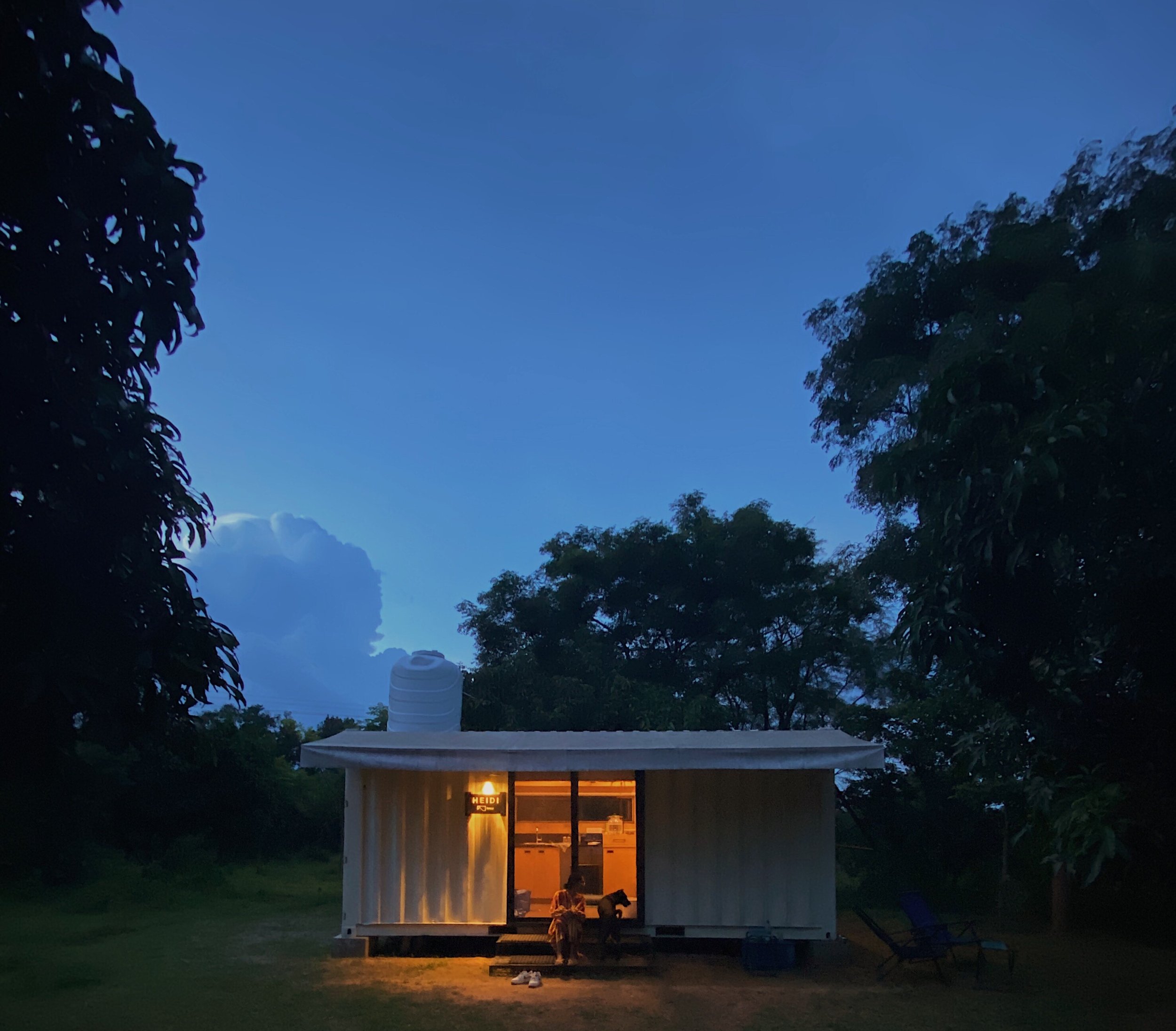Camping is an exhilarating way to connect with nature, escape the hustle and bustle of daily life, and create lasting memories. However, one of the challenges many campers face is maintaining personal hygiene in the great outdoors. Staying clean while camping is not just about comfort; it’s also essential for health and well-being. In this comprehensive guide, we will explore effective strategies and practical tips to help you stay clean while enjoying your outdoor adventure.
- Pre-Camping Preparation: Packing for Hygiene
Before you even set foot on the campsite, preparation is key. Here’s a checklist of hygiene essentials to pack:
- Biodegradable Soap: Opt for eco-friendly soap that won’t harm the environment. It’s perfect for washing dishes, hands, and even your body when necessary.
- Hand Sanitizer: A portable hand sanitizer with at least 60% alcohol is crucial for quick clean-ups, especially when water is scarce.
- Wet Wipes: These are invaluable for quick clean-ups and can be used for everything from wiping hands to refreshing your face.
- Toilet Paper and Trowel: If your campsite lacks facilities, pack toilet paper and a small trowel for digging a cat hole.
- Microfiber Towels: Lightweight and quick-drying, these towels are perfect for drying off after washing or swimming.
- Personal Hygiene Products: Don’t forget your toothbrush, toothpaste, and any other personal care items you use daily.
- Setting Up Your Campsite: Hygiene Considerations
Once you arrive at your campsite, consider the following hygiene practices:
- Choose a Clean Spot: Set up your tent away from water sources and trails to minimize contamination. Look for a flat, dry area that’s free from animal droppings.
- Designate a Hygiene Area: Create a specific area for washing dishes, brushing teeth, and personal hygiene. This helps contain mess and keeps your living space clean.
- Waste Management: Bring trash bags to pack out all waste, including food scraps and hygiene products. Leave no trace is the golden rule of camping.
- Daily Hygiene Routines: Staying Fresh in the Wild
Maintaining a daily hygiene routine while camping can be simple and effective. Here are some tips:
- Hand Washing: Wash your hands with biodegradable soap and water before meals and after using the restroom. If water is limited, use hand sanitizer.
- Body Wipes: Use wet wipes or biodegradable body wipes to freshen up daily. Focus on areas prone to sweat and odor, such as underarms and feet.
- Brushing Teeth: Brush your teeth at least twice a day. If water is limited, consider using a small amount of water or a travel-sized toothbrush with a cap.
- Showering Options: If you’re camping for an extended period, consider portable shower options like solar showers or quick-dry shower kits. Alternatively, a swim in a clean lake can serve as a refreshing rinse.
- Cooking and Eating: Maintaining Cleanliness
Food preparation and consumption can be a breeding ground for germs if not handled properly. Follow these guidelines:
- Clean Cooking Gear: Wash pots, pans, and utensils with biodegradable soap and water after each use. If water is limited, use a small amount of soap and a cloth to wipe them down.
- Food Storage: Keep food sealed in airtight containers to prevent attracting wildlife and to maintain cleanliness. Store food away from your sleeping area.
- Eating Clean: Use utensils instead of your hands when possible, and always wash your hands before eating.
- Dealing with Waste: Proper Disposal Techniques
Managing waste is crucial for both hygiene and environmental conservation. Here’s how to handle it:
- Human Waste: If there are no facilities, dig a cat hole at least 6-8 inches deep, at least 200 feet away from water sources. Cover it well after use.
- Toilet Paper Disposal: Pack out used toilet paper in a sealed bag to prevent contamination of the environment.
- Trash Disposal: Always pack out all trash, including food scraps and hygiene products. Leave the campsite cleaner than you found it.
- Staying Healthy: Recognizing Signs of Infection
While camping, it’s essential to be vigilant about your health. Be aware of the following signs that may indicate an infection or illness:
- Skin Irritations: Rashes, redness, or swelling can indicate an infection. Keep an eye on any cuts or scrapes.
- Gastrointestinal Issues: If you experience diarrhea or vomiting, it may be due to contaminated food or water. Stay hydrated and seek medical attention if symptoms persist.
- Insect Bites: Monitor insect bites for signs of infection, such as increased redness or swelling.
Conclusion: Embrace the Outdoors with Confidence
Camping doesn’t have to mean sacrificing cleanliness. By preparing adequately, establishing a hygiene routine, and being mindful of waste management, you can enjoy the beauty of nature while staying clean and healthy. Remember, the key to a successful camping trip lies in planning and maintaining good hygiene practices. So pack your bags, embrace the great outdoors, and enjoy your adventure with confidence!

